Liverpool businesses upbeat after Unesco World Heritage loss
- Published
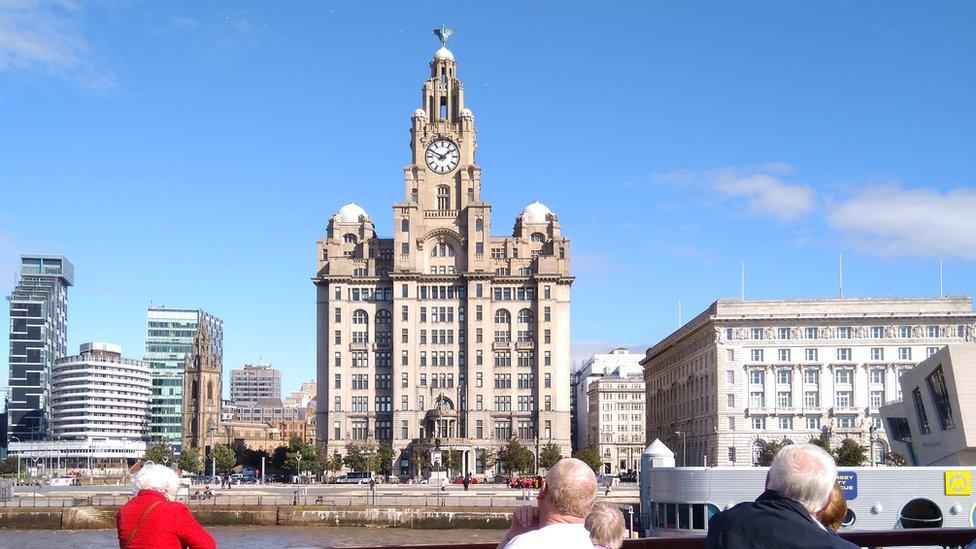
Liverpool lost the coveted status amid concerns about developments along its waterfront
Defiant businesses in Liverpool have vowed to remain "resilient" after the city was stripped of its Unesco World Heritage status.
The organisation took action after finding waterfront developments had resulted in a "serious deterioration" of the area's history.
But businesses and cultural organisations have said they remain hopeful for Liverpool's future.
They have spoken amid a new campaign, external to promote the city's cultural offerings.
Liverpool became just the third site to lose its World Heritage status since the coveted list began in 1978.
The decision was made at a UN meeting in China
The decision was described as "incomprehensible" by the city's mayor Joanne Anderson, who said she would work to examine whether Liverpool could appeal against the decision.
'People want to be part of the future'
Property developer Tim Heatley said his company Capital & Centric had "invested many millions into Liverpool".
"The moment a building or a city stops evolving it becomes derelict," he said.
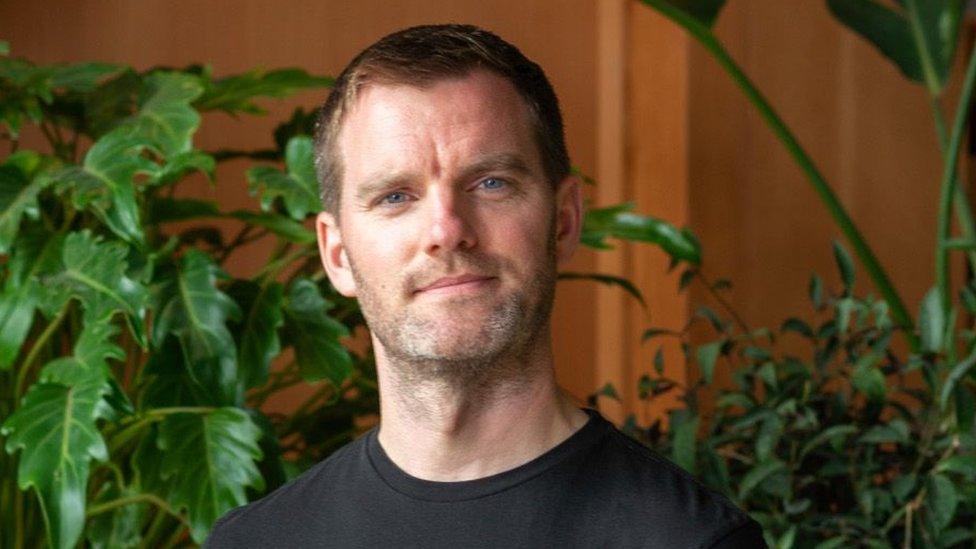
Tim Heatley said it was "not worth clinging on to the status" if it would hold the city back
Mr Heatley said: "While it is a shame that it no longer has the badge, if that status was going to hold the city back then it is not worth clinging on to it.
"Both visitors and investors will still want to be a part of it in the future."
Director of the Liverpool Biennial festival Sam Lackey said organisers were "hugely disappointed by the decision".
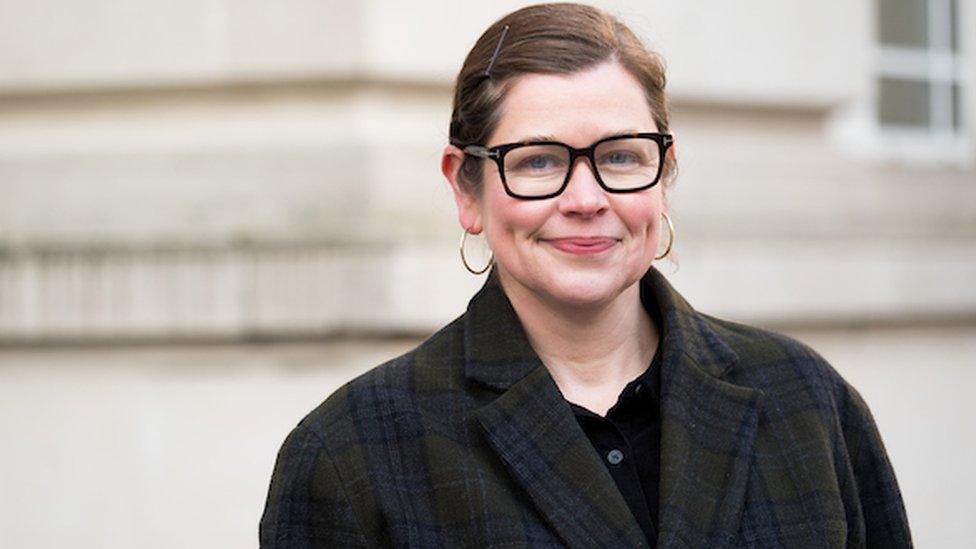
Sam Lackey said events in the city would continue to champion "Liverpool's international significance"
"However, the city and our cultural partners are resilient, collaborative and absolutely committed to its heritage and history," she added.
She said Liverpool would "continue to foreground the area's international significance".
'The docks will survive'
Make Liverpool is a creative organisation based in the city's northern docks.
"Unesco doesn't really mean a great deal to people on the ground," the group's director Liam Kelly said.
"This lofty entity has determined that the docks are under threat, which is a little confusing, because the north docks are mostly a barren wasteland," Mr Kelly said.

Liam Kelly said independent developers "may worry only in the short term"
He added while independent developers may worry about reputation and confidence in the short term, he believes the concern is "unfounded".
Open Eye Gallery sits on Mann Island by the waterfront.
Executive director Sarah Fisher said the city had "done much to preserve historic buildings".
"I hope Liverpool can appeal," she said. "I also hope more thought is put into how Unesco can support cities in need of regeneration that are simultaneously working hard to maintain their heritage."
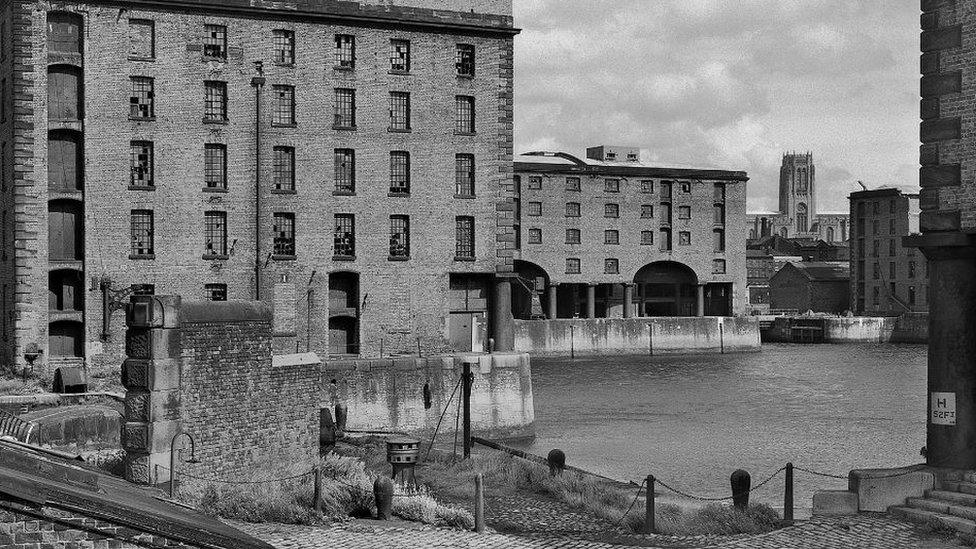
Bernard Rose has photographed the redevelopment at the waterfront since 1974
Photographer Bernard Rose has documented the city's redevelopment since 1974.
He said: "Some of the glass-sheeted structures have no soul, but I do not think that it is a reason for the status to be removed."
"We cannot stand still. We have got to move forward.
"The Bramley Dock development is very important for jobs and will be a big boom for the economy."
Allow X content?
This article contains content provided by X. We ask for your permission before anything is loaded, as they may be using cookies and other technologies. You may want to read X’s cookie policy, external and privacy policy, external before accepting. To view this content choose ‘accept and continue’.
The city's new campaign was created by Chris Brown, director for Marketing Liverpool, to reinforce the fact that people can still visit World Heritage-standard sites in Liverpool.
He said: "When you lose something, people assume it has ended. But the decision does not stop our momentum."

Why not follow BBC North West on Facebook, external, Twitter, external and Instagram, external? You can also send story ideas to northwest.newsonline@bbc.co.uk
Related topics
- Published21 July 2021
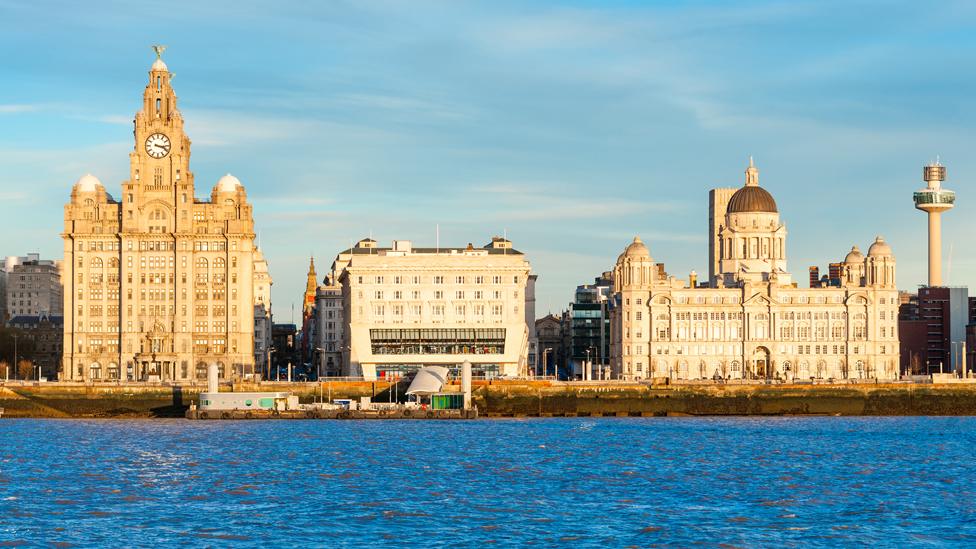
- Published22 June 2021

- Published22 June 2021
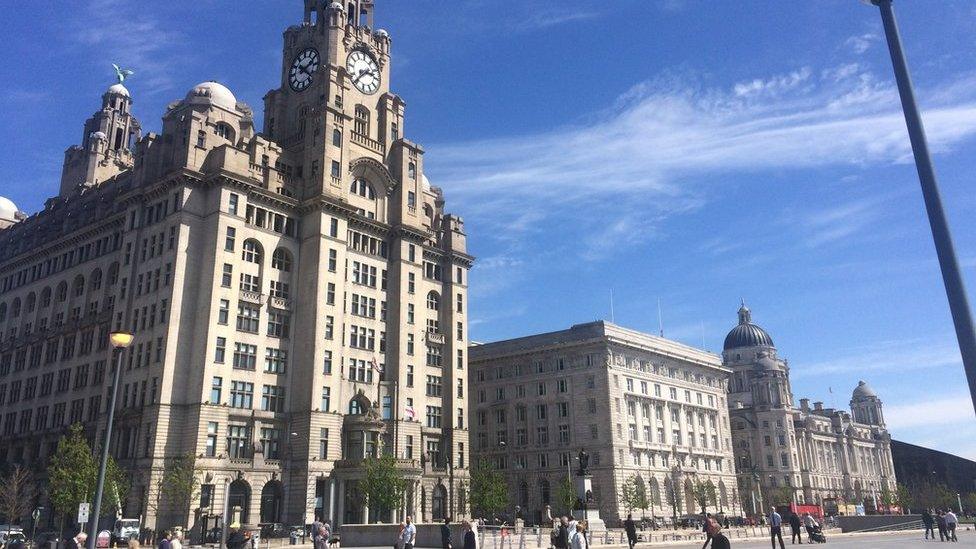
- Published21 June 2021
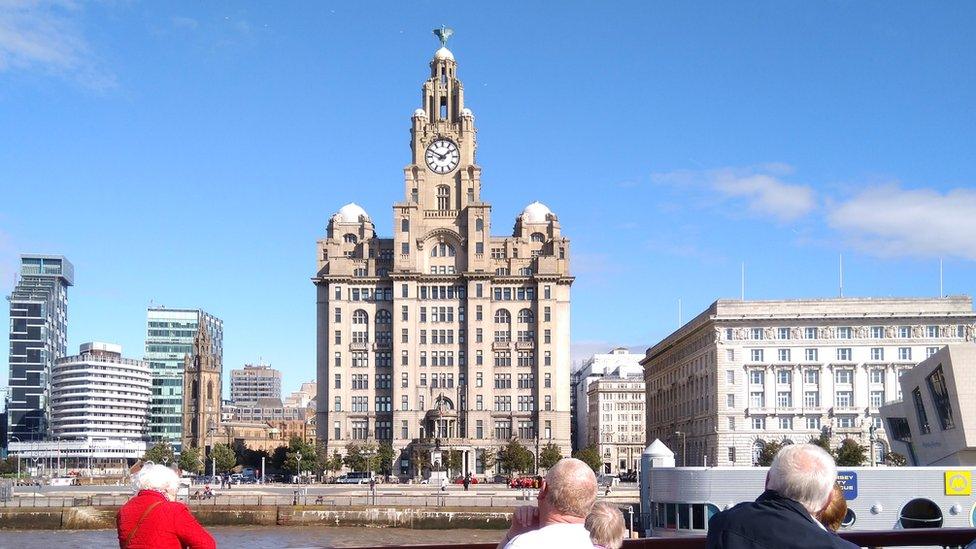
- Published19 June 2021

- Published26 March 2021
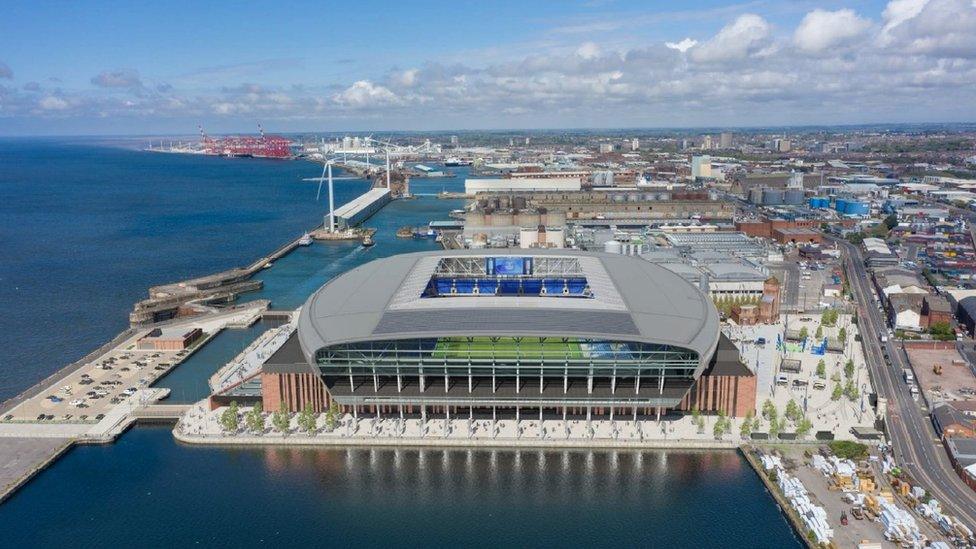
- Published6 July 2019
